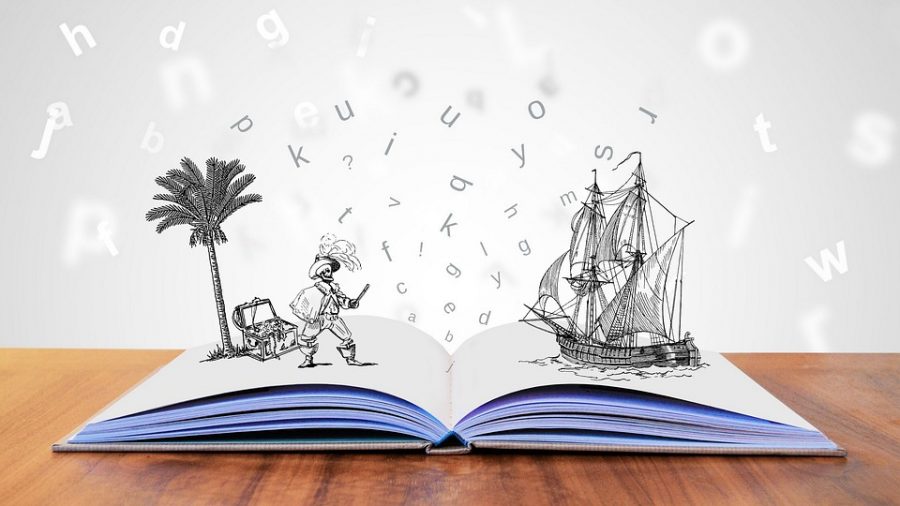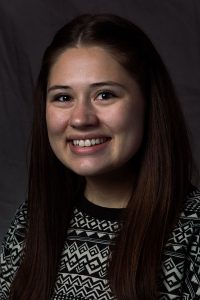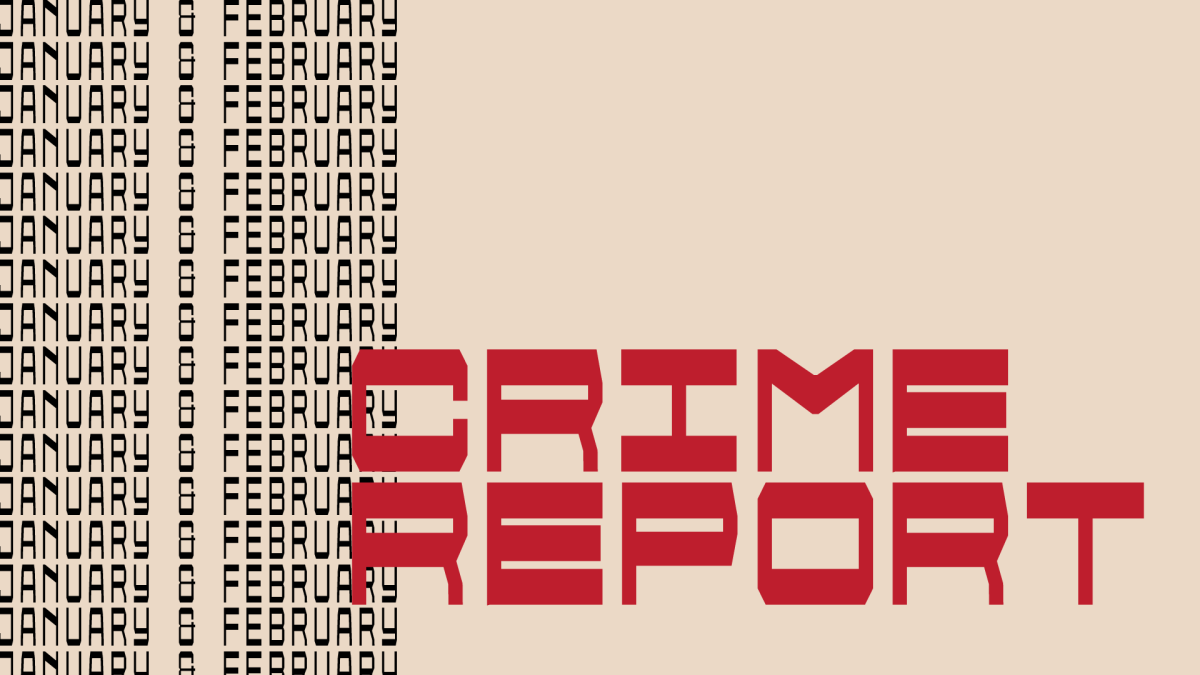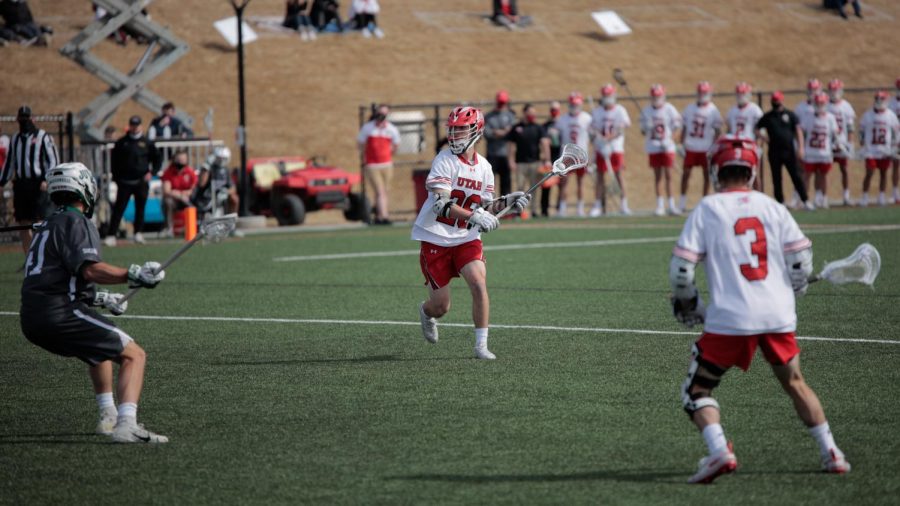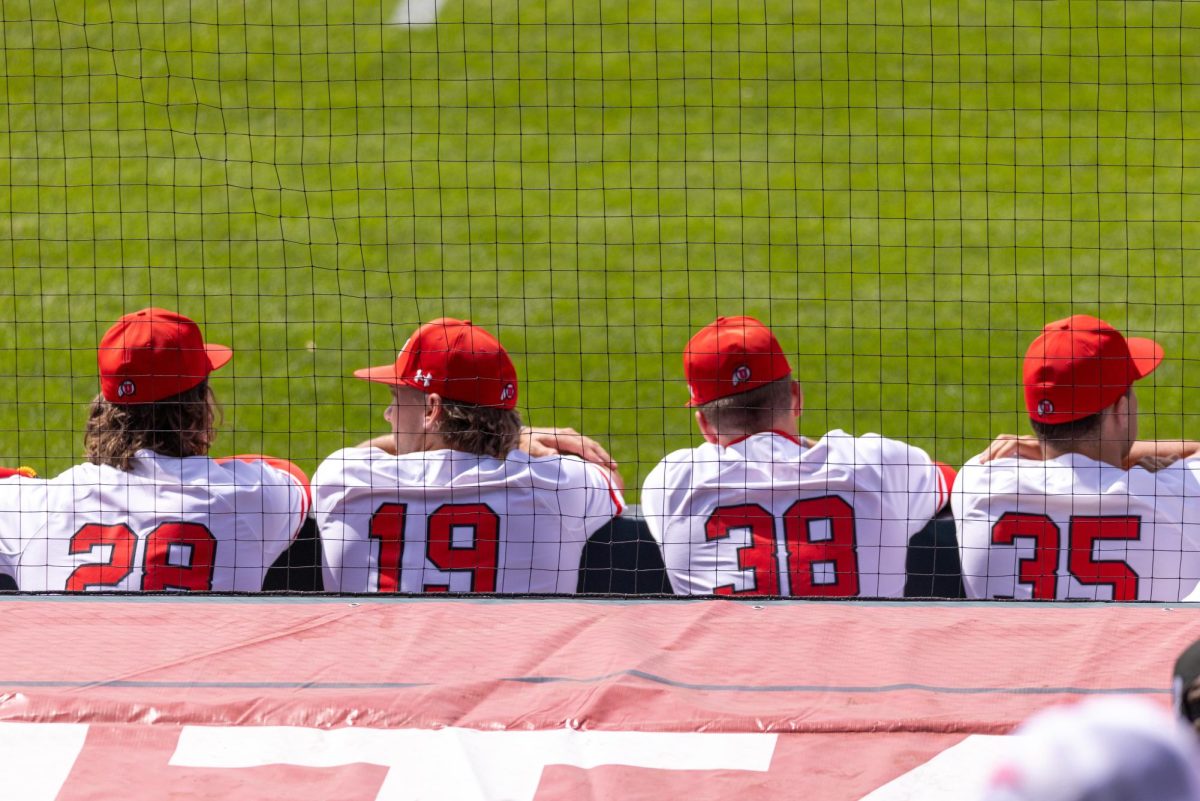Chavez: We Need Stories More Than Ever
October 26, 2019
Last month, the University of Utah’s Student Media held its annual retreat, bringing together a powerful team of student journalists and media creators working toward a common goal — storytelling. Whether they use audio, video or written content, these members of student media are our campus storytellers. Storytelling often impacts people on a deeper level than reading statistics or using logic alone. Despite the endless warnings that a degree in media or communication will not be as profitable as business or engineering, I refuse to believe that this work is any less valuable. For those interested in telling stories, true or fictional, there is nothing more rewarding than studying what you love. There are opportunities to create content that speaks to your community.
I have always been deeply drawn to books, magazines, television series and movies from a young age. Sometimes the media I consumed was a means of escape into another world. Other times, it was an education about the world I lived in. As I’ve gotten older and have had the opportunity to study communication and sociology, I am fascinated by the impact media has on our society and interested in its recent developments. Podcasts are one such relatively new medium of storytelling, and they are growing exponentially in popularity. The technology may be new, but the idea behind the format is as old as radio. An intimate, well-produced listener experience is the main focus, but because there isn’t time or content restriction, the stories being told are more nuanced and true to real life.
Because of similarities in format and cost, multiple radio stations around the country are producing podcasts that cover a range of stories their listeners care about. Preach, a new podcast from KUER, centers on a topic that is relatable to many in Utah. Preach was created by a Latter-day Saint reporter in Salt Lake City to investigate “the messiness of faith.” He interviews people from vastly different backgrounds about their conflicting feelings and beliefs about religion and faith in today’s society. The reporter, Lee Hale, discussed the title of the show saying, “These days, especially on social media, the word ‘Preach’ is used as a way to encourage someone to share their story. To validate. To tell them that they deserve to be heard.”
The first episode features actor Rainn Wilson, who speaks about his spiritual journey away from and back to the Baha’i faith. The second episode interviews Glynn Washington, a radio and podcast host that grew up in a religious cult. He now considers himself an agnostic but believes in the power of story. “I think that the biggest thing missing right now in the world is empathy. Is getting inside someone else’s shoes and understanding their experience,” Washington said. “And I really do believe that it is extremely hard to hate someone once you know their story.”
This made me pause when I first heard it because he succinctly said what I had been recently personally pondering about the societal effects of storytelling and sharing personal narratives. It also reminded me of Joseph Campbell’s concept of “the hero’s journey.” A professor who taught comparative mythology and religion, Campbell held a theory that essentially all mythological stories from around the world are a variation of one great story.
Campbell believed that that mythology serves four functions. The first two are mystical and cosmological in that they offer explanations and comfort about the unknown. The third is sociological, supporting a certain social order. The fourth function of myth — the one that I think everyone must try today to relate to — is the pedagogical function, the understanding of how to live as a person under any circumstances. The fourth function of myth is to teach us how to view life from other people’s perspectives. Although Joseph Campbell died well before the Internet set up shop, I think that his analysis is still relevant today.
For decades, as television networks, film studios and advertising agencies gained cultural power over American citizens, there was a narrow definition of what was acceptable media for the public to consume. Censorship and blacklists controlled what was shown on screen, and it was usually very difficult to work in media or entertainment if you weren’t considered conventionally attractive or have high social status.
As technology improved and the Internet became widely accessible to the public, it has become increasingly easy for people to tell their own stories. A rise in streaming services and investment in independent film and television gives worldwide access to stories that may have never been heard before. Social media and video platforms allow everyday people to craft their own narrative and potentially reach millions of people.
The potential to learn from what life is like for anyone that doesn’t look, live, speak or worship as you do is at an all-time high. It should not be seen as luxurious or extraneous to want to learn about other cultures or life experiences. Consuming art and media can have a profound effect on how we view the world. Hearing each others’ stories is what keeps us connected. I do not see that changing anytime soon, especially when online communities are growing every day. This is why we should fight the binary thinking around storytelling of whether it is a “practical” or “impractical” area of study. We should embrace it and switch our perspective. The world needs mathematicians, scientists and engineers. But the world also needs creators, artists and storytellers.


